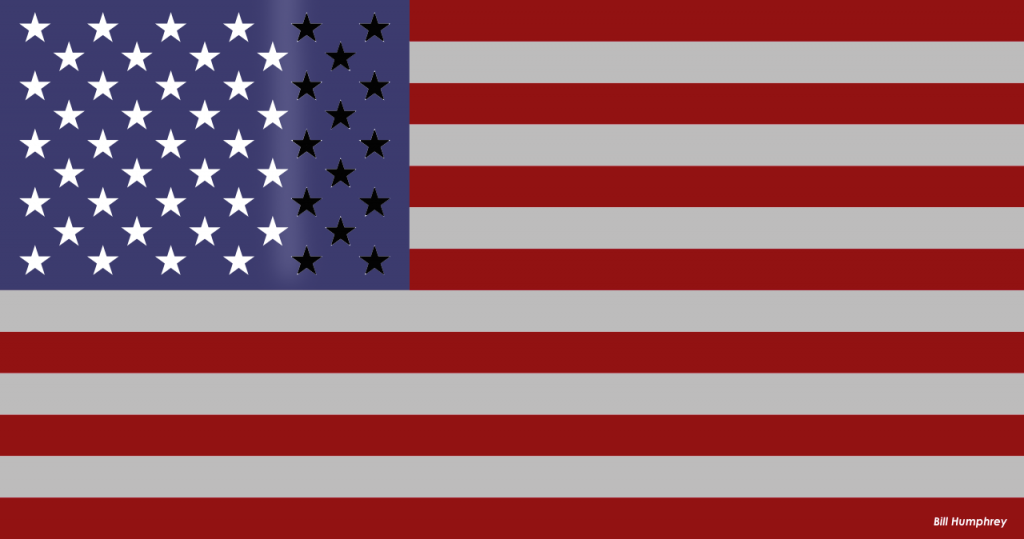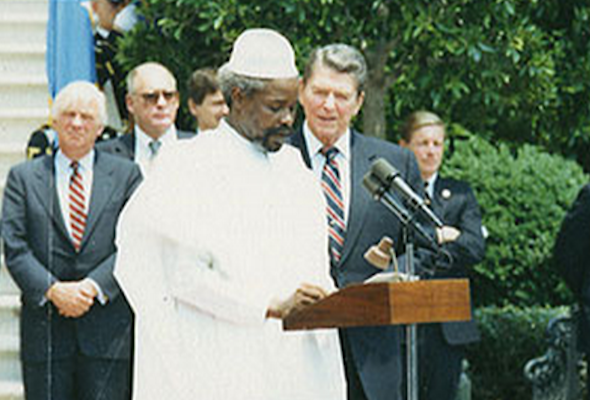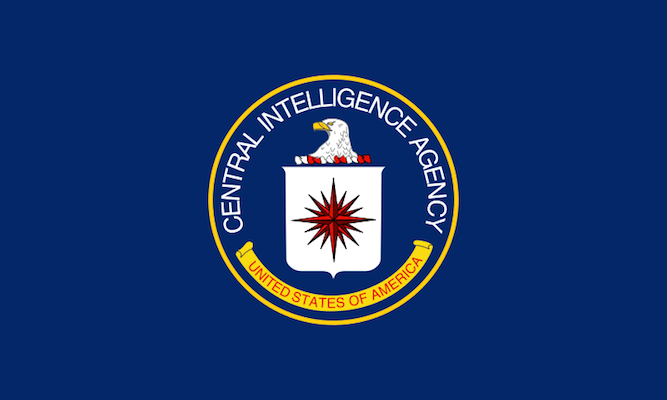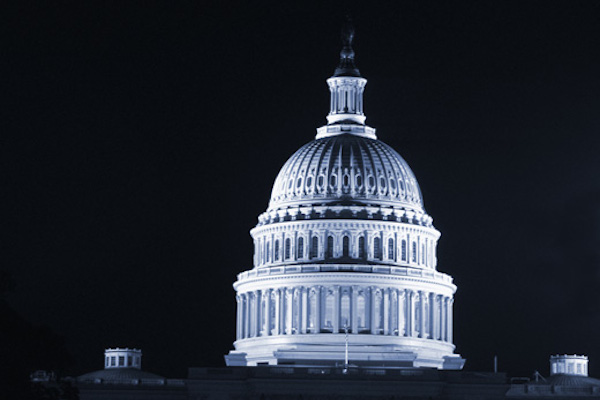This essay originally appeared at The Globalist, where I am a Senior Editor. It was also republished at Salon.

The United States already decided decades ago that no human deserved to be subjected to the treatment after September 11th described in the U.S. Senate Intelligence Committee report on CIA interrogations. Such torture – which included sexual assault and partial drowning – was not to be employed by the United States (or any) government.
The United States suddenly restored these horrific tactics in 2001. It did so not just for known terrorists, but also for people mistakenly detained. This decision would supposedly “protect the American people.”
Many in Washington and beyond have continued to insist that the methods employed were effective at promoting national security (and thus self-justifying), despite the report’s findings — and centuries of evidence — to the contrary.
Asking a morally wrong question
But the very debate on the “effectiveness” of immoral methods is itself immoral. Ignoring the taboo on torturing captives necessarily implies that some people are worth so little – when they might possibly pose a threat – that they do not count as humans.
The moment one asks of an immoral action “Did it work?”, the asker has rejected the humanity of those whom it was used upon. And the matter of whose humanity “counts” or is arbitrarily conditional is a major factor behind this efficacy debate’s existence at all.
When effectiveness is considered instead of the morality of abusing or killing fellow humans, such crimes can and will reoccur.
The question Americans must ask themselves and each other is not “Did it work?” – of course it did not, but that is beside the point. It was known full well at the time that they would not. And so the real question is: “Why did we illegally and deliberately decide to perpetrate ineffective war crimes, including torture, in the aftermath of September 11th, 2001?”
When one considers specifically who was subjected to these war crimes, the path to the answer inevitably turns in one direction: racial supremacy and the prioritization of White America’s safety above all else.
Dehumanization abroad
In short, the Torture Report is really about how the United States chose once again, as official post-9/11 policy, to debate the efficacy (not the morality) of doing harm to those bodies deemed sub-human, specifically non-white bodies, in a drive to protect White America.
As it stands, the “efficacy” question itself appears to mask an inexcusably primal desire to seek revenge against the non-White communities from which the terrorists happened (that time) to have come.
The suspension of full human status – and the legal protections that go along with that – for Muslims suspected of terrorism after 9/11/01 is at the core of the CIA’s actions. Sadly, it fits into a broader pattern in American history. It is the same logic that allowed early U.S. leaders to count enslaved Black laborers as constitutionally 60% human.
Nineteen attackers and their supporting network were made to represent an entire people, whose humanity was then stripped away as official policy. Such a broad-brush response did not occur six and a half years earlier when two White Christian extremists with ties to various shadowy anti-government networks destroyed a federal building in Oklahoma City.
The former was an attack by the “Other,” the latter was deemed an in-group attack. The fact that those received two entirely different treatments is a testament that the reaction was a matter of race. It is a primordial fear-response befitting a skirmish between prehistoric clans crossing paths, not a 21st century global superpower encountering an aggressive band of malcontents.
Such “Us vs. Them” taxonomies are dangerous. To protect the innocent lives of some, the innocent lives of so many others become purely expendable.
The argument simply boils down to asserting in stark terms: “Our lives are worth ending or abusing yours, even by mistake, just to be 100% sure ours remain safe.”
This is about race
But perhaps this division is just a case of misguided hyper-nationalism or ultra-patriotism by the United States? Perhaps the “Us vs. Them” division is not racially, ethnically or religiously motivated, as I have suggested?
Unfortunately, that does not seem to hold up to scrutiny. For one thing, the United States has acted much more leniently toward terrorists and mass murderers who are White and/or Christian, both at home and abroad.
Instead of being summarily killed or tortured by law enforcement, White mass shooters (in Tucson, Aurora, etc.) and White anti-government bombers (Oklahoma City, Unabomber, Weather Underground, etc.) are often arrested and tried normally.
For another, consider the current “targeted airstrikes” that keep raining down on Arab and Muslim populations, from Africa to South Asia, as encapsulated so neatly in Akbar Ahmed’s parable of “The Thistle and the Drone.” The logic of illegal torture of detainees – from the same populations – was framed in the same terms as the ongoing drones debate: “Does it work?” – instead of “Is it wrong?”
The logic of illegal torture of detainees – from the same populations – was framed in the same terms as the ongoing drones debate: “Does it work?” – instead of “Is it wrong?”
Drones instead of torture?
Indeed, it seems quite possible that drone strikes, with an extreme level of remove from the situation, have replaced torture fairly directly in the counterterrorism toolbox.
According to The Atlantic, the “CIA began moving away from capturing and detaining suspected terrorists in favor of killing them via drone strikes.” There have been around 490 targeted drone strikes, which have been mostly performed by the CIA.
President Obama is not relieved from responsibility simply because he banned (already illegal) torture, since those interrogations had already been replaced by the terminal actions of drone strikes. In fact, 90% of U.S. “targeted strikes” have occurred under the Obama Administration, not the Bush Administration.
Finding oneself accidentally in the wrong place can lead to execution by drone. (Previously the result was extraordinary rendition and torture.)
And that victim will not even be counted as a mistake. According to a New York Times investigation in 2012, under official U.S. policy, “all military-age males in a strike zone [count] as combatants … unless there is explicit intelligence posthumously proving them innocent.”
Read that last half-sentence again – and again. Their lives are devalued until they are not even dignified with the status of accidental death. Instead, they are chalked up as a win.
The bigger picture
But this trouble made in the U.S.A. does not end with torture and drones. It also includes – closer to home – police brutality and excessive use of deadly force by law enforcement or Stand-Your-Ground vigilantes. What unites all of these tactics is that they have that “Does it work?” calculus in common when deployed by the United States. Morality is out of the picture.
The so-called “post-9/11 environment” – so often touted as a justification for torture and other hysterical overreactions of the era – existed within a wider, darker context.
On a micro level, we hear the same justifications from police and vigilantes who use lethal force by mistake on an unarmed person: I was afraid, and therefore I am not responsible for my actions. In 51% of police shootings, that unarmed victim is Black or Latino, despite those combined groups representing just 29% of the total population.
In truth, that environment beginning in late 2001 was simply American racial and ethnic paranoia writ large, the same as it as always been.
The high toll of White supremacy
In the pursuit of extreme counterterrorism methods, and in police/vigilante shootings, U.S. leaders and their most aggressive defenders have endorsed a view that at its core insists the bodies of (White) Americans must be so priceless that everyone else’s bodies are expendable in the effort to protect the first group.
There is no other way to explain writing off so many innocent lives because someone looked like a threat. There is no other way to explain applying a different set of rules for treatment of White attackers and non-White attackers.
Whether or not that is consciously intended, it is the effect. And it is the most reduced and unadorned version of the arguments offered to justify such policies.
Read more







